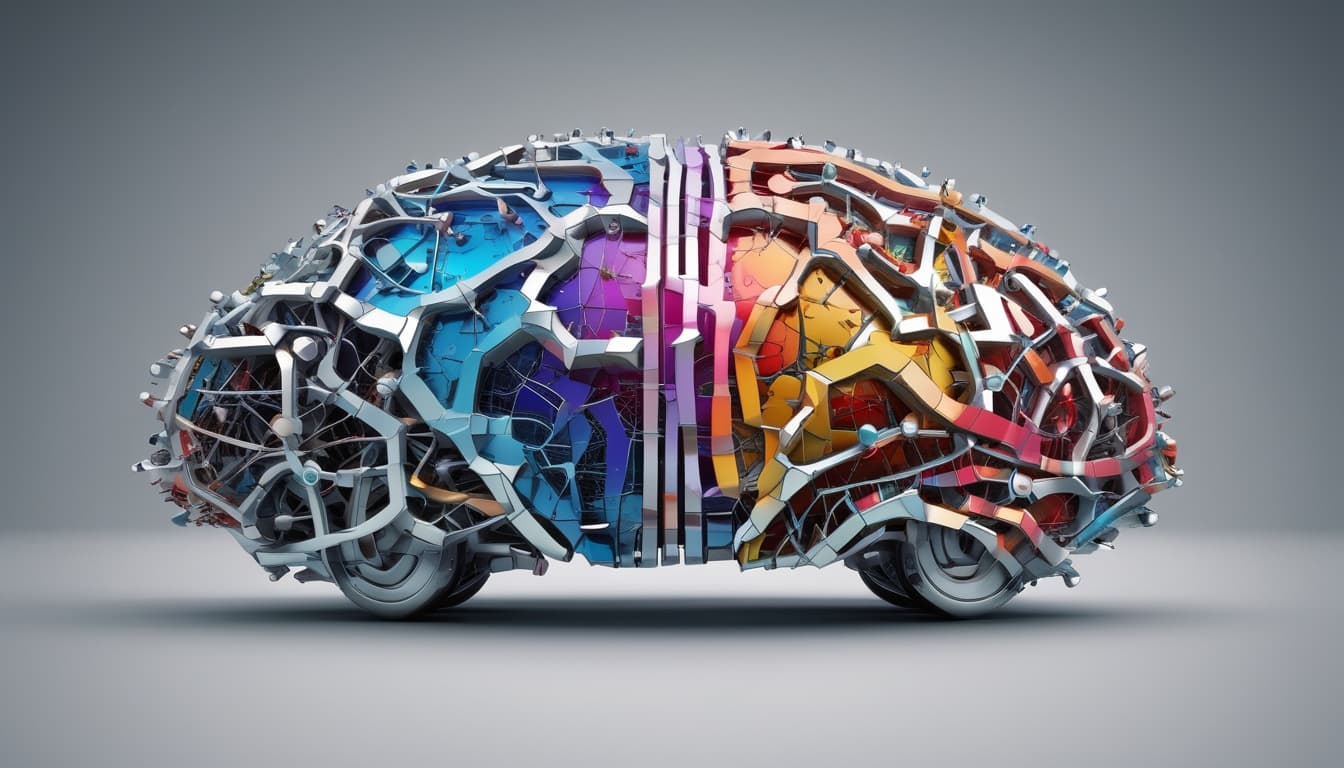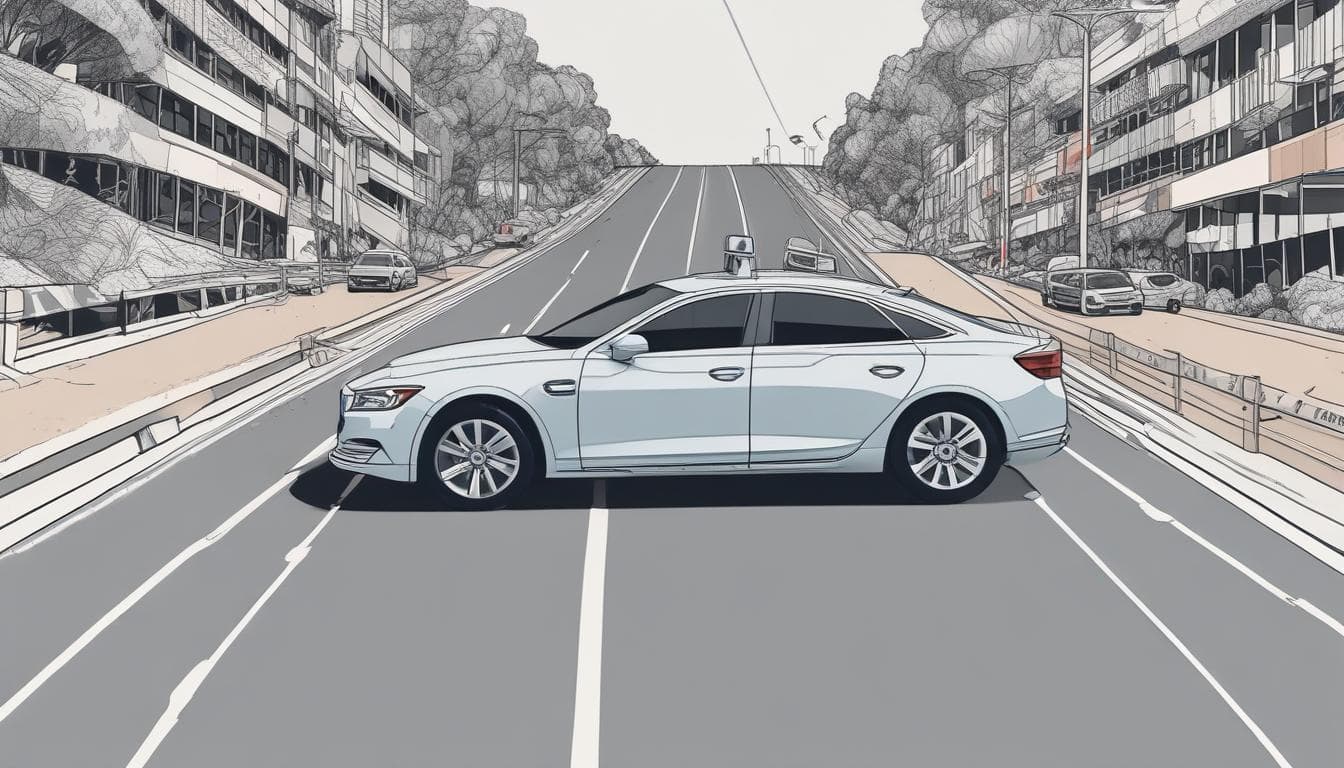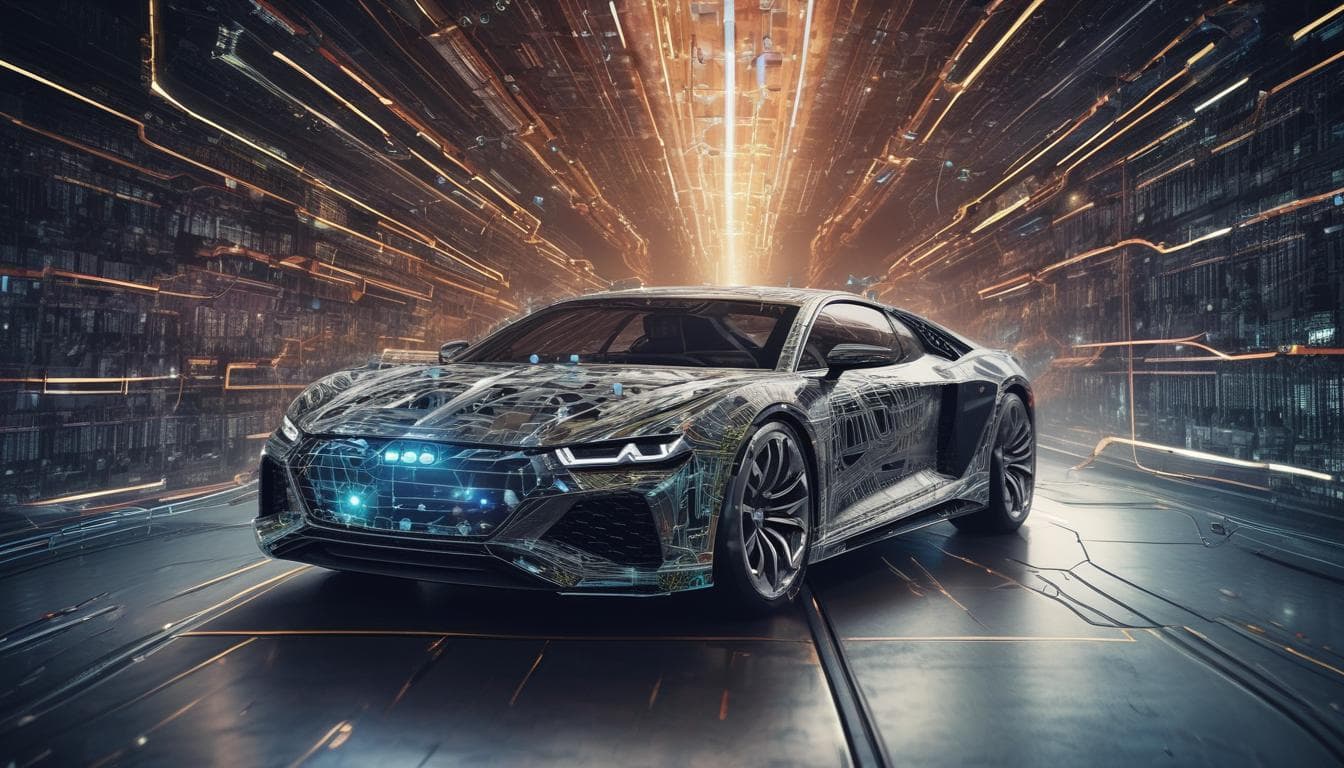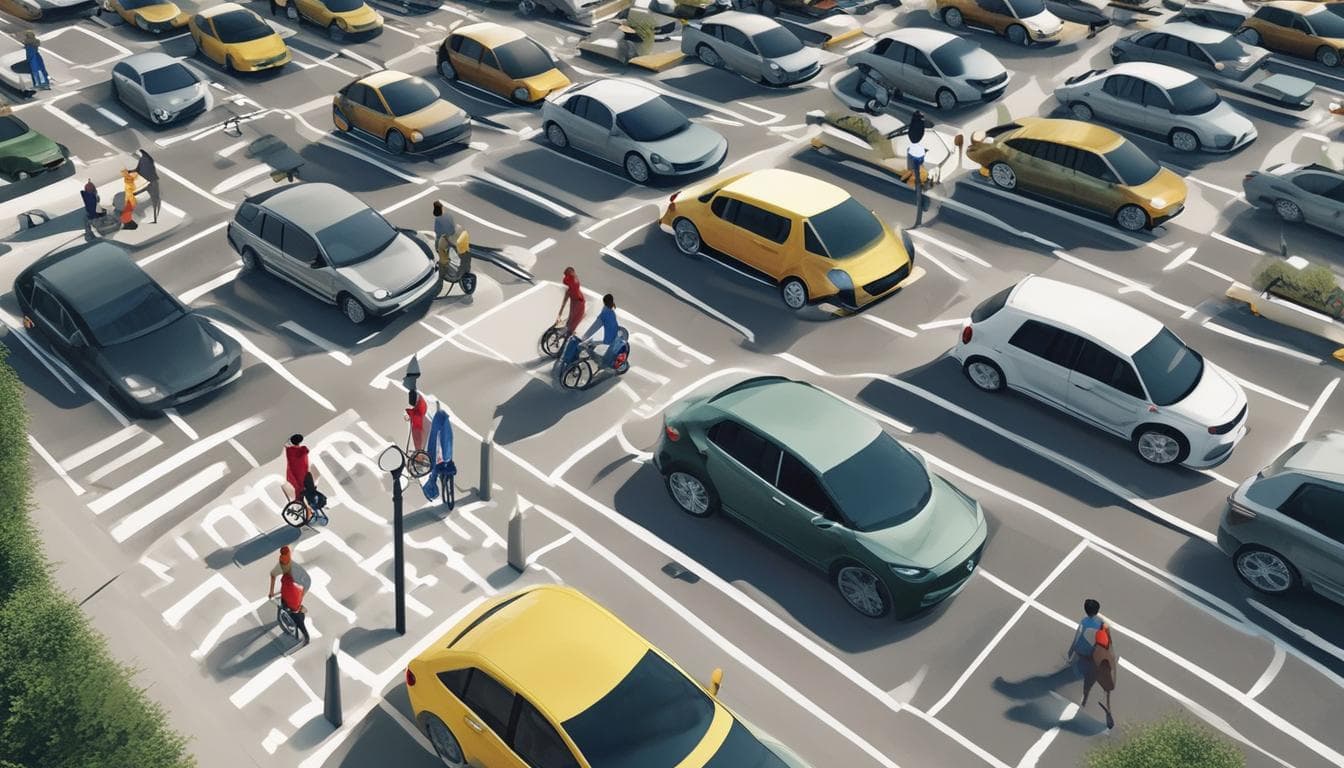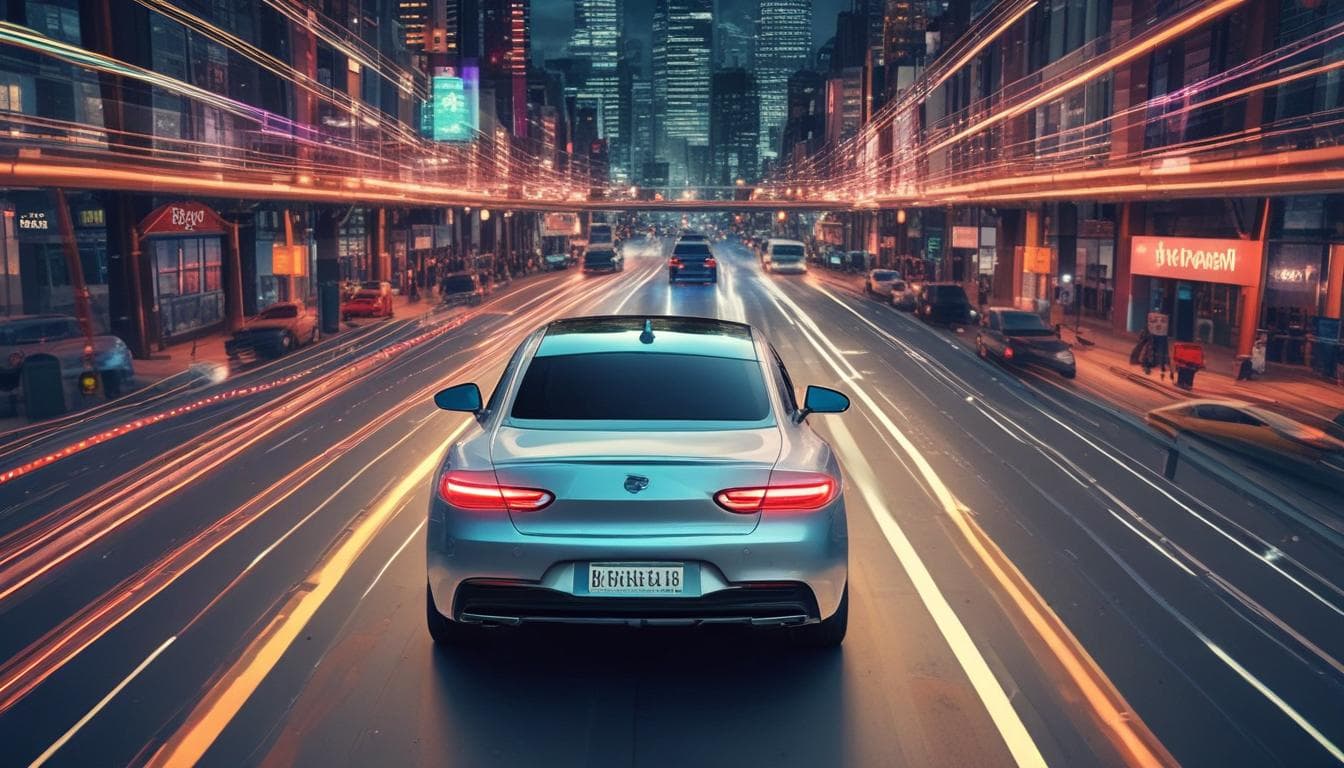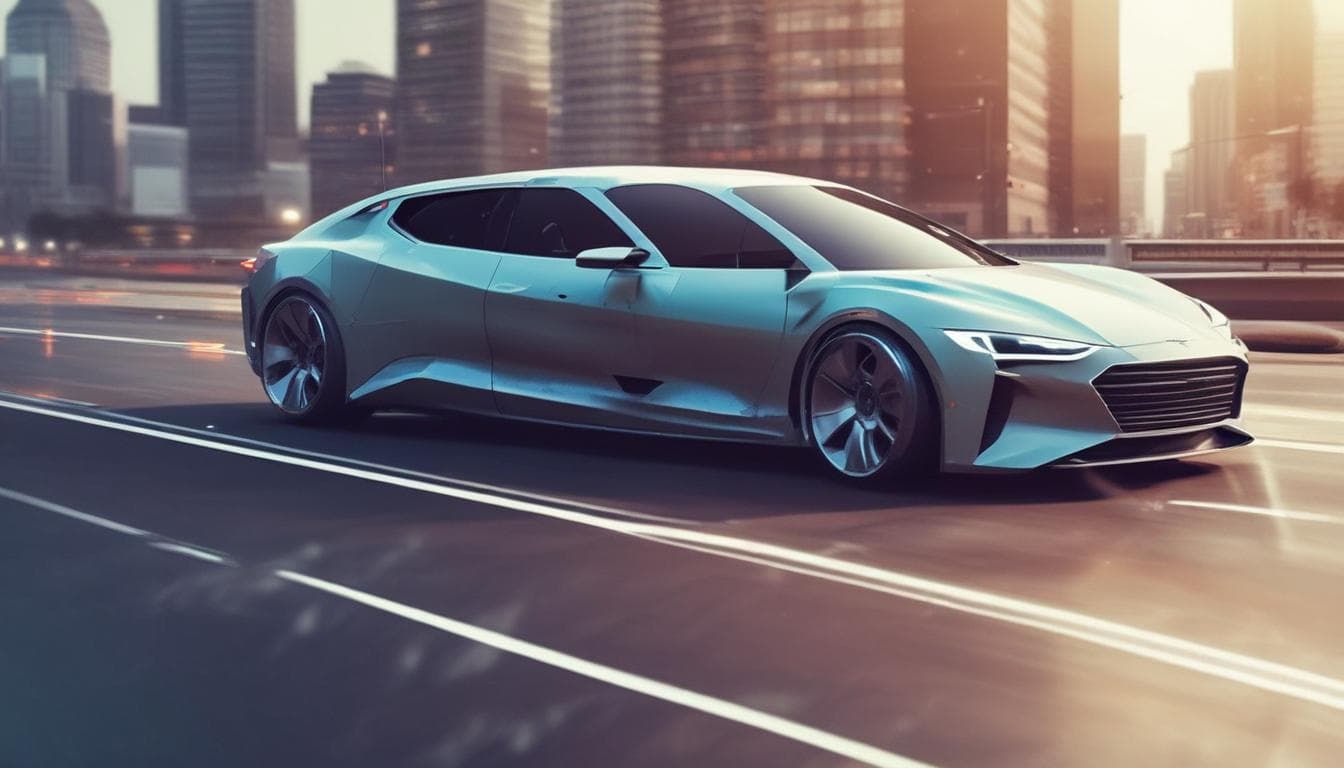With the rise of AI in vehicles, how might our emotional connection to cars evolve? Will we develop deeper bonds with our AI companions on wheels, or will the increasing automation lead to a decline in the sentimental value we place on automobiles?
That's a fascinating question! The rise of AI in vehicles could dramatically reshape our relationship with cars. It's not a simple case of either deeper bonds or diminished sentimental value; it's likely to be more nuanced.
Potential for Deeper Bonds
- Personalized Experiences: AI could create highly personalized driving experiences, learning our preferences and adapting to our moods. Imagine a car that anticipates your need for a calming drive after a stressful day or plays your favorite music based on your current emotional state. This level of personalization could foster a stronger sense of connection.
- Proactive Care and Support: AI-powered systems can monitor the vehicle's health and predict potential issues, providing proactive maintenance and support. This could reduce anxiety and increase trust, strengthening the bond between owner and vehicle.
- Companionship: For some, the car might become more of a companion, engaging in conversation or providing assistance and information. This is particularly relevant for people who spend significant time commuting or traveling alone.
Potential for Diminished Sentimental Value
- Depersonalization: If the driving experience becomes too automated, the human element could be diminished, reducing the sense of personal connection and control. The car might feel less like an extension of ourselves and more like a sophisticated appliance.
- Increased Transactionality: With the rise of subscription models and autonomous vehicles, the car may become less of a long-term investment and more of a consumable service. This shift in ownership could lead to a decrease in the sentimental value placed on individual vehicles. Read more about the shift in car ownership with subscription services.
- Reduced Engagement: As cars become more autonomous, the act of driving itself – which for many is a source of enjoyment and personal expression – could become less significant. This could impact the emotional connection to the vehicle.
The Future Landscape
Ultimately, the evolution of our emotional connection to cars will likely depend on how AI is integrated and the choices made by automakers. Will they prioritize personalization and human-centered design, or will they focus solely on automation and efficiency? The answer to your question will depend on this critical design choice. We might see a divergence, with some individuals forming deep bonds with their AI-powered cars while others maintain a more transactional relationship. Further discussion about the impact of AI on the automotive industry as a whole would be beneficial. Check out this article about the AI revolution in automotive for more insights.
探索更多相关内容
加入讨论
- 未来汽车:移动的个人艺术馆——探索驾驶体验的艺术升华
探讨未来汽车如何融合数字艺术、氛围灯光、互动体验等,成为“移动的个人艺术馆”。分享您对个性化“移动艺术空间”的创意,以及这种结合对汽车设计、文化和出行方式的深远影响。这是否预示着一个将驾驶体验提升至艺术欣赏层面的全新汽车时代的到来?
- 未来十年,汽车能否成为真正的“移动之家”?
探讨未来十年汽车发展趋势,除了自动驾驶和电动化,还有哪些科技进步能让汽车成为更舒适、智能和娱乐的移动空间?如何改变我们的出行和生活?
- 未来十年,汽车将如何变革为“移动智能终端”?
探讨未来十年汽车行业的发展趋势,聚焦自动驾驶、电动化和人工智能技术对车内体验的重塑,例如个性化娱乐、智能助手和虚拟现实交互等。分析哪些AI技术最具潜力,以及这些技术带来的挑战和机遇。
